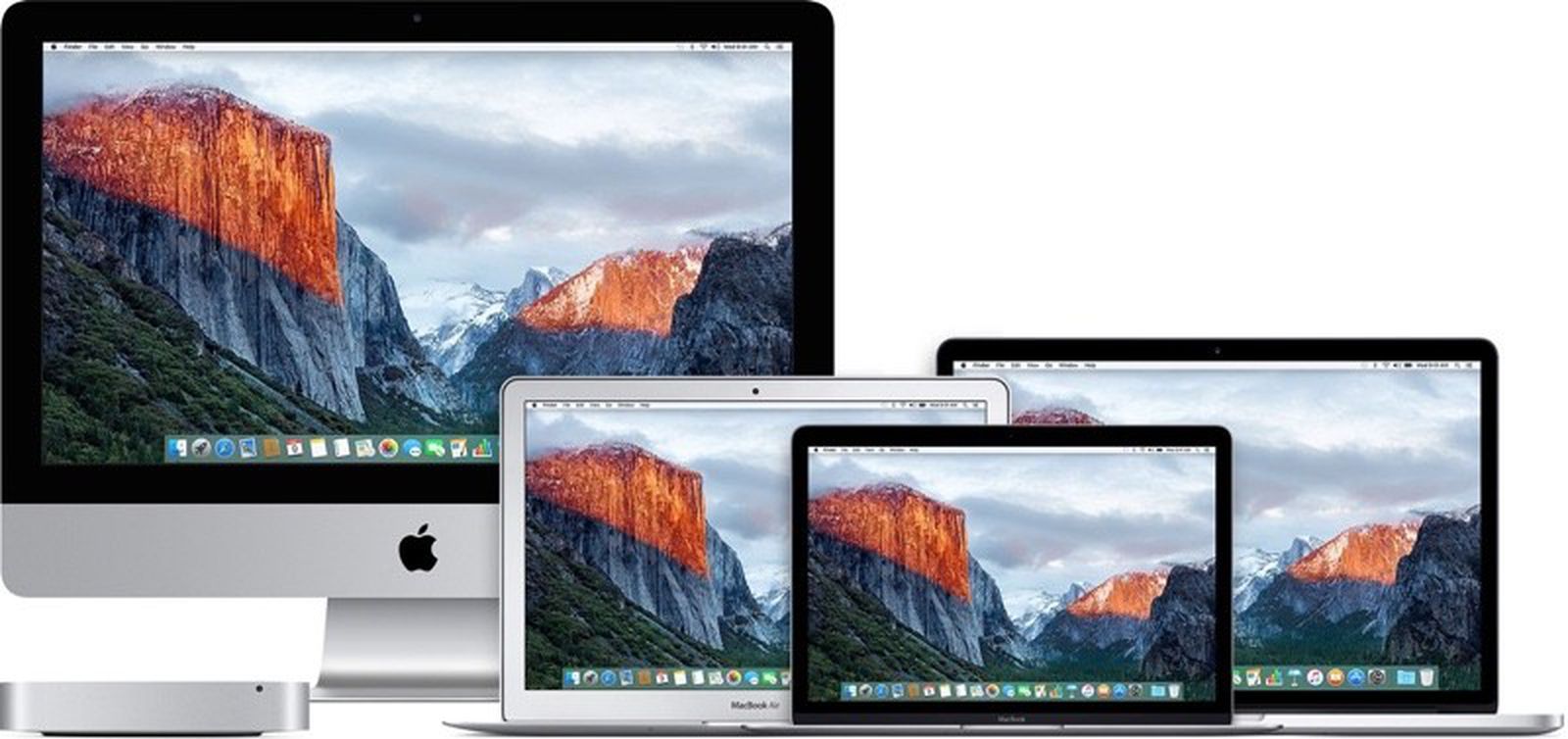Obviously not popular apps. You wouldn't even know the names of them. Heck some are private and only used by a handful of people in the world.
You should blame bad developers and programmers of those programs.
Obviously not popular apps. You wouldn't even know the names of them. Heck some are private and only used by a handful of people in the world.
You don't have the slightest clue pal. People use windows programs that are decades old. x86 runs them fine.You should blame bad developers and programmers of those programs.
Is it JUST parallels? Or arm windows on Mac? Ie fusion
You don't have the slightest clue pal. People use windows programs that are decades old. x86 runs them fine.
You don't have the slightest clue pal. People use windows programs that are decades old. x86 runs them fine.
That's just not realistic.So the developers are to blame for not updating apps in decades. You just proved hans' point with that comment...
Hardly. It's more of a budget thing, new software and software rewrites are VERY expensive.So the developers are to blame for not updating apps in decades. You just proved hans' point with that comment...
Hardly. It's more of a budget thing, new software and software rewrites are VERY expensive.
That's the main reason Windows is king of the corporate world, they save us money.
Pretty sure studies have shown that Macs are an order of magnitude less expensive to maintain. Granted macOS is missing a lot of the corporate features required, but Windows doesn’t actually save any organization any money in the long run.That's the main reason Windows is king of the corporate world, they save us money.
That's not the way corporate stuff works, It stays until you can budget to replace it, or there comes a business reason to do it. If it's still used, it's not abanded in any way, there are even small changes to it all the time. Software for a lot corp types isn't a money making thing, it's a pure cost center.Not updating an app in decades seems to be more a case of abandoning the application rather than a budgetary thing.
What Window "saves" in software and hardware costs is often made up by the costs of IT support, staffing, and service issues.
I disagree a whole bunch, but that's personal opinion. What isn't personal opinion is what it runs, or not, as the case may be. Mac's don't run the software we need, so they aren't even in the equation. I only use Mac's at home. Backwards compatibility means a lot...Pretty sure studies have shown that Macs are an order of magnitude less expensive to maintain. Granted macOS is missing a lot of the corporate features required, but Windows doesn’t actually save any organization any money in the long run.
None of the above.Maybe it's just me, but why would anyone base their livelihood, business, job, etc. on software that is very very old - maybe decades old - which has not been updated, on technologies deprecated potentially, and as one person stated, has not been supported for years? What if there is a serious problem at a crucial time? Even if the answer is "not my choice, the employer's....", what employer, if it's explained properly would risk the liability of basing their business on this kind of software unless what it's being used for really doesn't;t matter to the business?
Without specifics on the apps concerned, this seems unbelievable, incredulous, sketchy, ill-informed, of poor judgment...can't figure out which.
None of the above.
All I can say is you don't work in that setting, so you don't have any experience with it. It costs a lot of money where there isn't any budget to replace software that doesn't gain you a thing. Think of it as a ROI problem. If you use that type of ideal you'll understand perfectly why they, and I, keep running things indefinitely. You actually have to gain as much as you spend, and you don't do that just replacing old software with something that does the same thing.
And it very much matters to the business, but they don't make any more money with it, they just are able to keep their inventory, orders, AP's, reporting, payroll, whatever all in line. ERP software if you want to look it up, it's a whole category of business software that individuals never see. Like Quickbooks, only on steroids.
Risk mitigation- many companies do not think this way. Audits cite these kinds of practices. If it stops working tomorrow? No plan. Bad business practice.None of the above.
All I can say is you don't work in that setting, so you don't have any experience with it. It costs a lot of money where there isn't any budget to replace software that doesn't gain you a thing. Think of it as a ROI problem. If you use that type of ideal you'll understand perfectly why they, and I, keep running things indefinitely. You actually have to gain as much as you spend, and you don't do that just replacing old software with something that does the same thing.
And it very much matters to the business, but they don't make any more money with it, they just are able to keep their inventory, orders, AP's, reporting, payroll, whatever all in line. ERP software if you want to look it up, it's a whole category of business software that individuals never see. Like Quickbooks, only on steroids.
Who says we don't have a plan if it stops working? (we do)Risk mitigation- many companies do not think this way. Audits cite these kinds of practices. If it stops working tomorrow? No plan. Bad business practice.
If it saves money, it's optimal, and it does save money. Remember this kind of thing is a cost, and only a cost. The company makes no money from it's IT. Spending more just to get newer stuff that does the same has no ROI.It could be that the businesses you've worked for are thinking on a shorter timeframe. This is pretty normal, but it's not necessarily optimal. It takes enormous effort and the right kind of culture to make these changes, and if that isn't there, then of course a bunch of middle managers aren't going to shake things up when there is no immediate benefit to doing so.
Hooray, the two year wait is finally over !!!While this may not be a major deal for most end users, those on the IT admin side of things just got a big gift from Microsoft...
Trust me mate I work in the field and most of the equipment is obsolete by design. For instance all passenger ships come with obsolete hardware right out of the shipyard. Even during the design stage the control hardware is obsolete. So yes you need those old laptops with a serial port and sometimes you still need Windows XP. I have even seen recently Windows 2000 on all computers.Maybe it's just me, but why would anyone base their livelihood, business, job, etc. on software that is very very old - maybe decades old - which has not been updated, on technologies deprecated potentially, and as one person stated, has not been supported for years? What if there is a serious problem at a crucial time? Even if the answer is "not my choice, the employer's....", what employer, if it's explained properly would risk the liability of basing their business on this kind of software unless what it's being used for really doesn't;t matter to the business?
Without specifics on the apps concerned, this seems unbelievable, incredulous, sketchy, ill-informed, of poor judgment...can't figure out which.
That's the main reason Windows is king of the corporate world, they save us money.






 www.zdnet.com
www.zdnet.com



